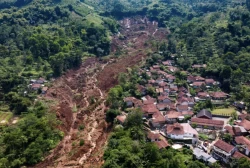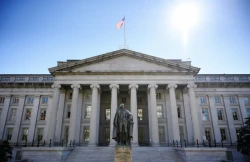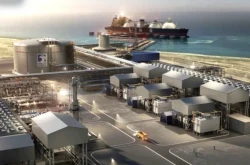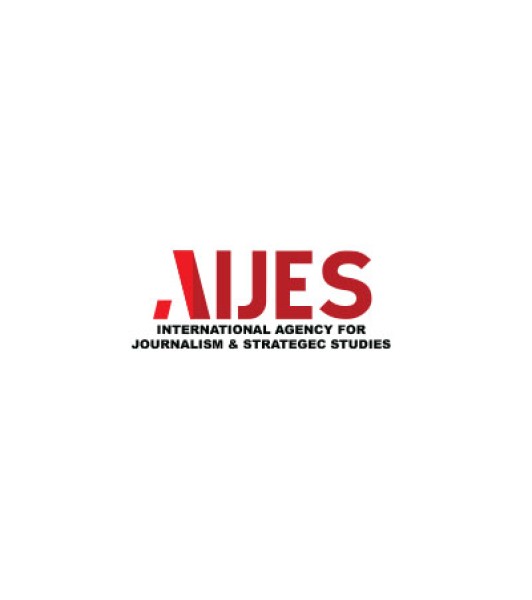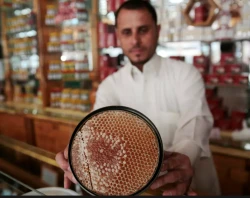Ending Syria’s Captagon trade should be a priority
- 2025-01-02 08:12:00
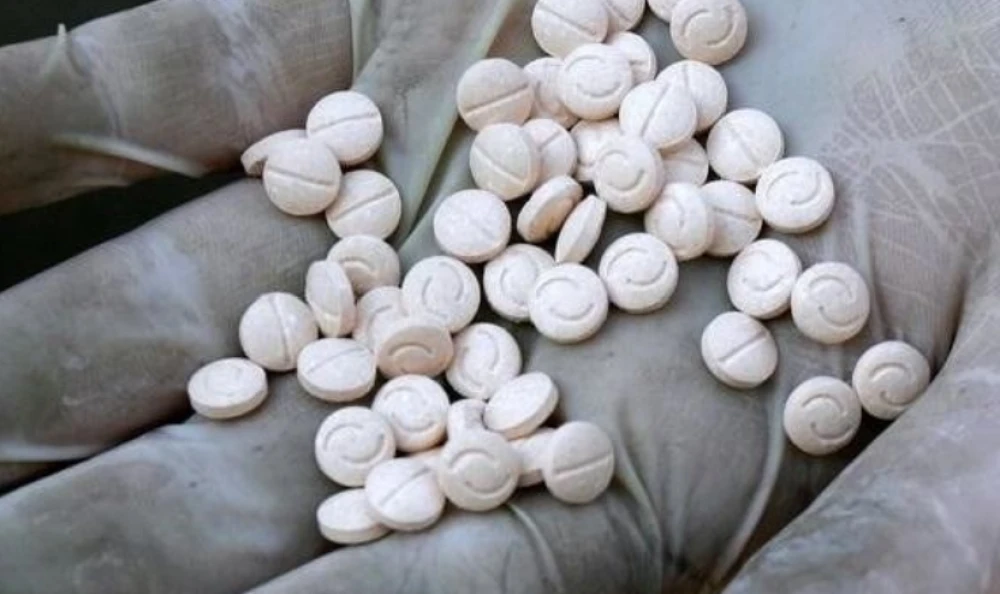
The Syrian conflict, marked by more than a decade of war and widespread displacement, not only devastated the lives of millions but also created an environment ripe for the proliferation of Captagon, an addictive amphetamine-like drug often called “poor man’s cocaine.”
Captagon has emerged as a significant challenge in the Middle East, with Syria becoming its largest producer and exporter.
Captagon’s surge in Syria is deeply tied to the instability wreaked by years of conflict. The drug became a lucrative source of income for the Bashar Assad regime. As a result, Captagon production, with its low manufacturing costs and high profit margins, became an attractive option. Factories sprung up in areas controlled by the regime and its allies, often shielded by complicit officials.
The drug’s production expanded from small-scale operations to industrial levels, turning Syria into a global hub for Captagon manufacturing.
The smuggling of Captagon from Syria has posed a significant challenge to neighboring countries and beyond. Smugglers exploit Syria’s porous borders and weak enforcement to transport the drug across the region, particularly to the Gulf states.
The drug’s proliferation has far-reaching consequences, particularly for the youth in the Middle East. Captagon’s stimulant effects make it appealing to young people. However, its addictive nature ensnares users, leading to long-term health issues, psychological disorders and social instability. Families are often left to deal with the devastating consequences of addiction, including financial strain, broken relationships and lost futures.
Captagon addiction also tears at the fabric of society. Families are the first to feel the impact, as addiction often leads to a neglect of responsibilities, domestic violence and financial ruin. In communities, the prevalence of drug abuse contributes to higher crime rates, a loss of productivity and a general decline in social cohesion. The youth, who should be the cornerstone of societal progress, are instead trapped in a cycle of addiction, making recovery and development even more challenging.
The new Syrian government, under the leadership of Ahmad Al-Sharaa, has inherited a nation grappling with the remnants of war and the scourge of Captagon. In his victory speech, Al-Sharaa acknowledged Syria’s role as the world’s leading producer of the drug and called for the country to be “purified.” This acknowledgment is a crucial first step, but eradicating the Captagon trade requires a comprehensive and sustained effort.
The new government must prioritize securing Syria’s borders to prevent the smuggling of Captagon. This involves deploying well-trained border patrols, utilizing advanced surveillance technologies and establishing cooperation with neighboring countries.
Joint operations and intelligence sharing can significantly enhance the effectiveness of anti-smuggling efforts.
Identifying and dismantling the Captagon production facilities within Syria is essential. This requires coordinated efforts between law enforcement agencies, the military and international partners.
Targeting the financial networks that fund these operations can also weaken their ability to produce and distribute the drug.
Public awareness campaigns are crucial in combating Captagon addiction. The government should invest in educational programs that highlight the dangers of drug use, targeting schools, universities and community centers. Collaborating with religious leaders, nongovernmental organizations and media outlets can amplify these efforts and foster a culture of prevention. Addressing addiction requires more than just punitive measures.
The government must establish rehabilitation centers to provide medical and psychological support for those struggling with addiction. These centers should be accessible and adequately funded to ensure they meet the needs of the population.
Tackling Captagon production and trafficking is not a challenge Syria can face alone. The international community has a vested interest in supporting Syria’s efforts to combat this issue.
Assistance can come in the form of technical expertise and capacity building for law enforcement agencies. Regional cooperation is particularly important, as neighboring countries are directly affected by the Captagon trade.
Addressing the Captagon crisis is not just about combating a drug; it is about rebuilding a nation and safeguarding its future. Allowing the drug trade to persist undermines the rule of law, fuels corruption and perpetuates the cycles of poverty and instability that have plagued Syria for years. By making drug trafficking a top priority, the new government can send a strong message that it is committed to restoring order and protecting its citizens.


